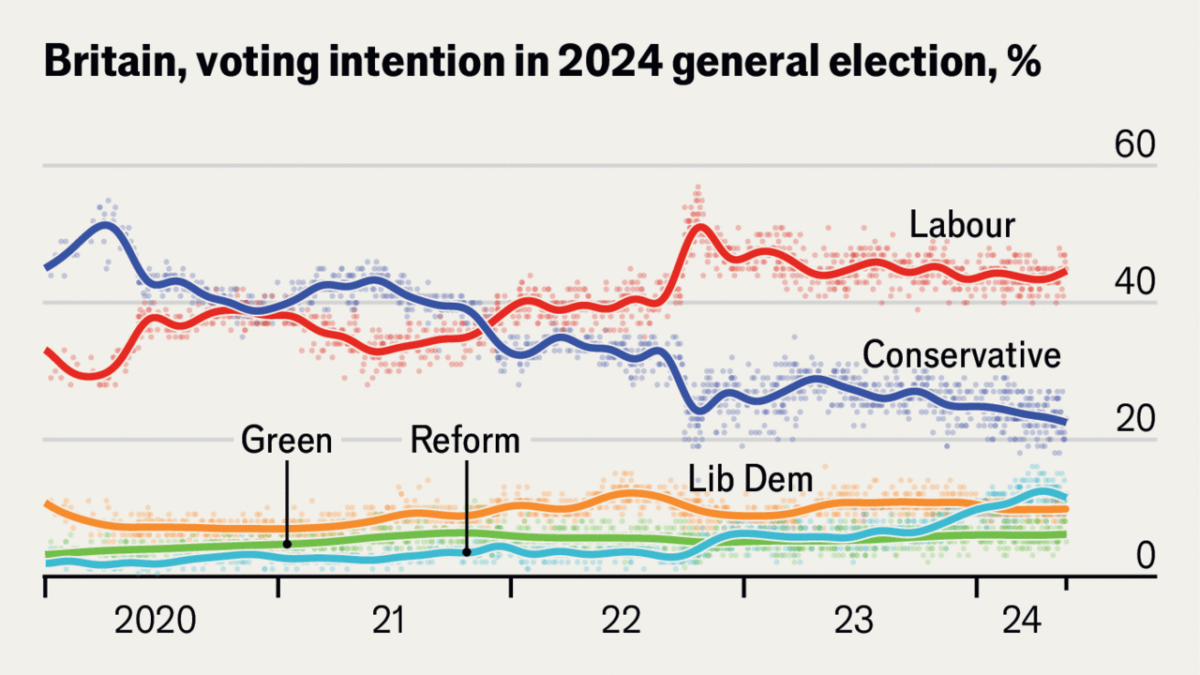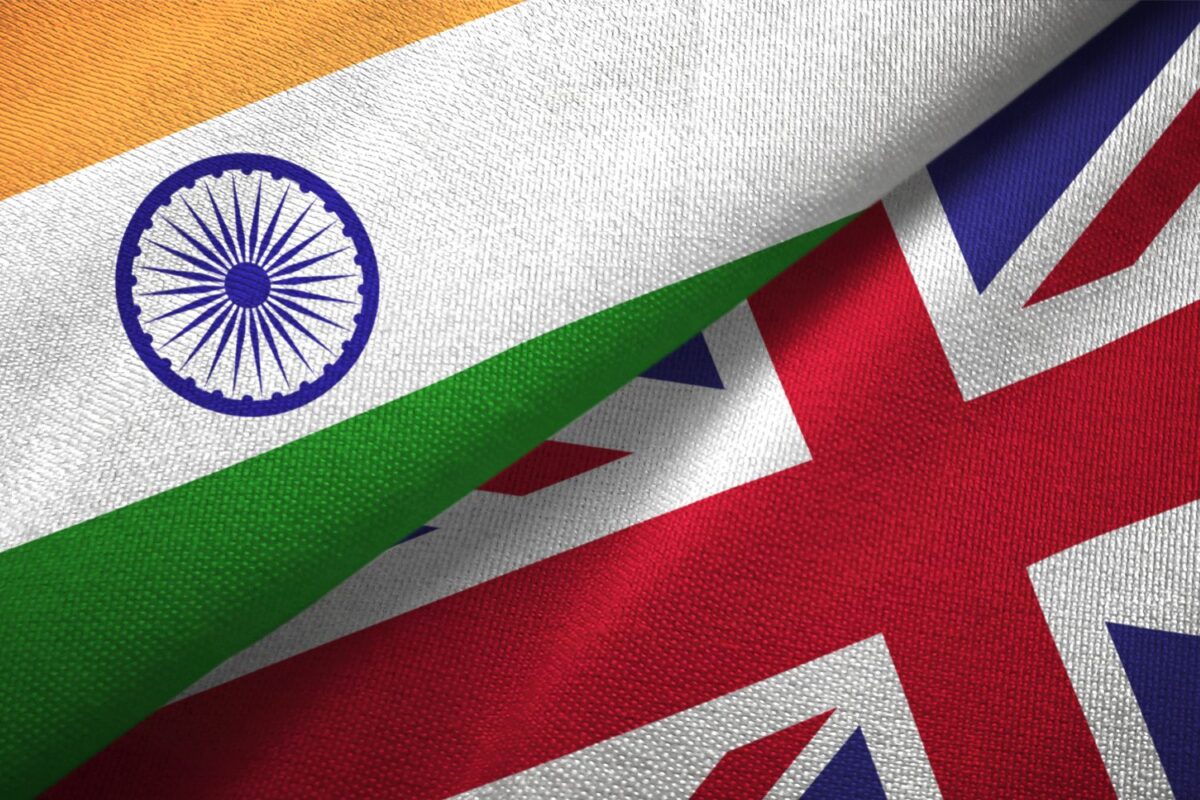With the historic UK elections concluding yesterday, as all parties claimed to be “fighting for every vote”, Labour Party is expected to gain a 20-point lead over Conservatives. Their victory shall not only break a 14-year long conservative rule, but will also have ripples over the country’s relations with India and the EU.

Image Source: The Economist
The echoes of “voting for change” seemed to have resonated with a majority of Britons currently struggling with increased cost of living, taxations, and weakening public services. The impacts are evident- after a 14 year long hiatus, the Labour Party is expected to return to power with a 20 point lead over its arch rival- the Conservatives.
At home, the policy shifts and governance demands are clear- improving climate action, lowering asylum pressure, expanding NHS services and enhancing efficiency of state schools. But what does the Labour Party’s victory promise for India and the EU- two of the UK’s major trade and cultural partners? This article explains.
How will Labour’s victory in the UK fare for India?
Having lost the support of British Indians in 2019 due to remarks on interventions in Kashmir, the Labour Party under Keir Starmer has taken a more careful stance this time. With promises of removing all “extremist” and “anti-Indian sentiments” from the party, the party looks at not just securing domestic votes, but also strengthening its economic and tech ties with India. The closest impacts are expected to be felt on the ongoing Free Trade Agreement (FTA) negotiations. The improved internal consensus is likely to ensure adequate political stability for the Labour to sign definitive agreements with India. However, the nature of the same is uncertain.
With clear attempts to express sympathy for Indian cultural vibrance, the party’s stance on the immigration is unclear. India however shall continue to push for temporary visas in the service sector.
As for climate coordination, the Labour party seems keen to benefit out of India’s enhancing global climate action involvement, and potential for technological growth. India on the other hand, shall look forward to gaining expert guidance in greener technologies through the collaboration. However, if the carbon tax is brought forth, the FTA concessions shall stand nullified in net. To Labour’s rigid stance over ‘net-zero emissions’, India and Global South’s demand for trade easing, and loss and damage funds will present a strong contestation.
What is in store for the EU if Labour wins?
Eight years after Brexit, Britain has shared a cold relation with its European neighbours which the Labour manifesto promises to “reset”. While a re-entry into the EU market is out of the question, warming of bilateral trade relations is in the pipeline. The aim is to utilise opportunities in the region for benefitting British exporters.
However, with increasing conservative rule within European nations and ensuing intra-europe border tensions, the countries are not expected to lay a soft carpet for welcoming Britain into their markets. The pressures of immigration and war further toughen the hard road ahead of the Labour Party toward Europe.
A Britain steered by Labour shall nonetheless seek relaxed trade restrictions, and smoother movement of professionals with the EU.



